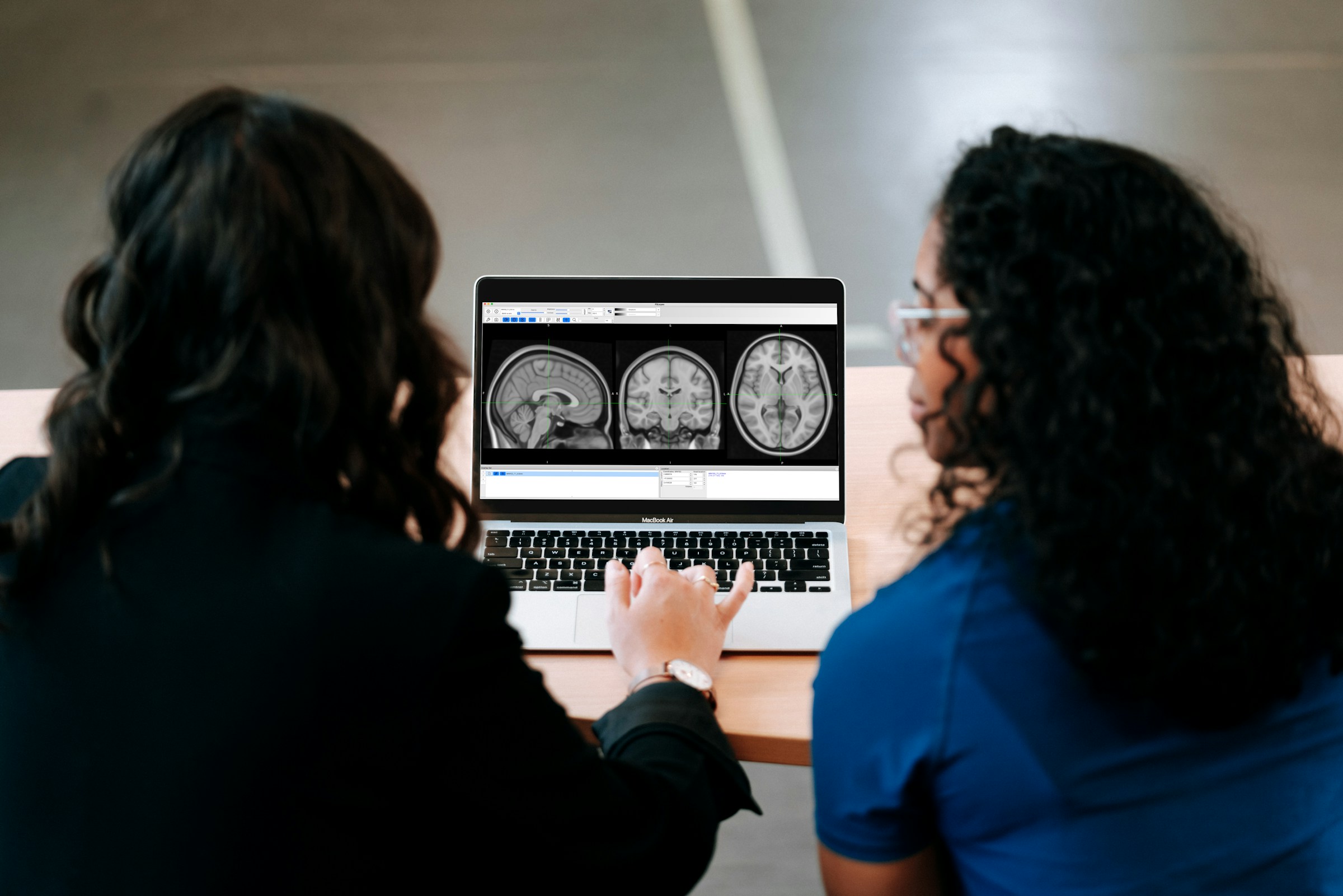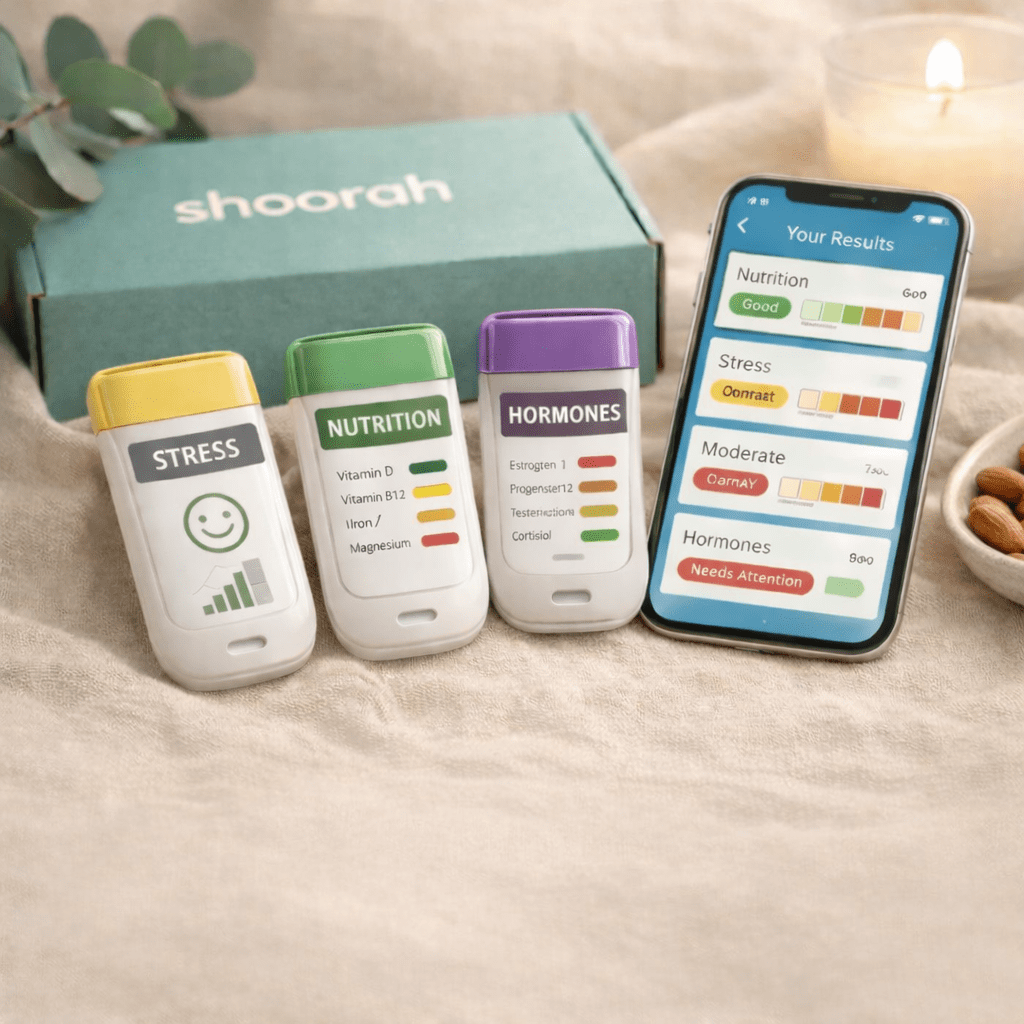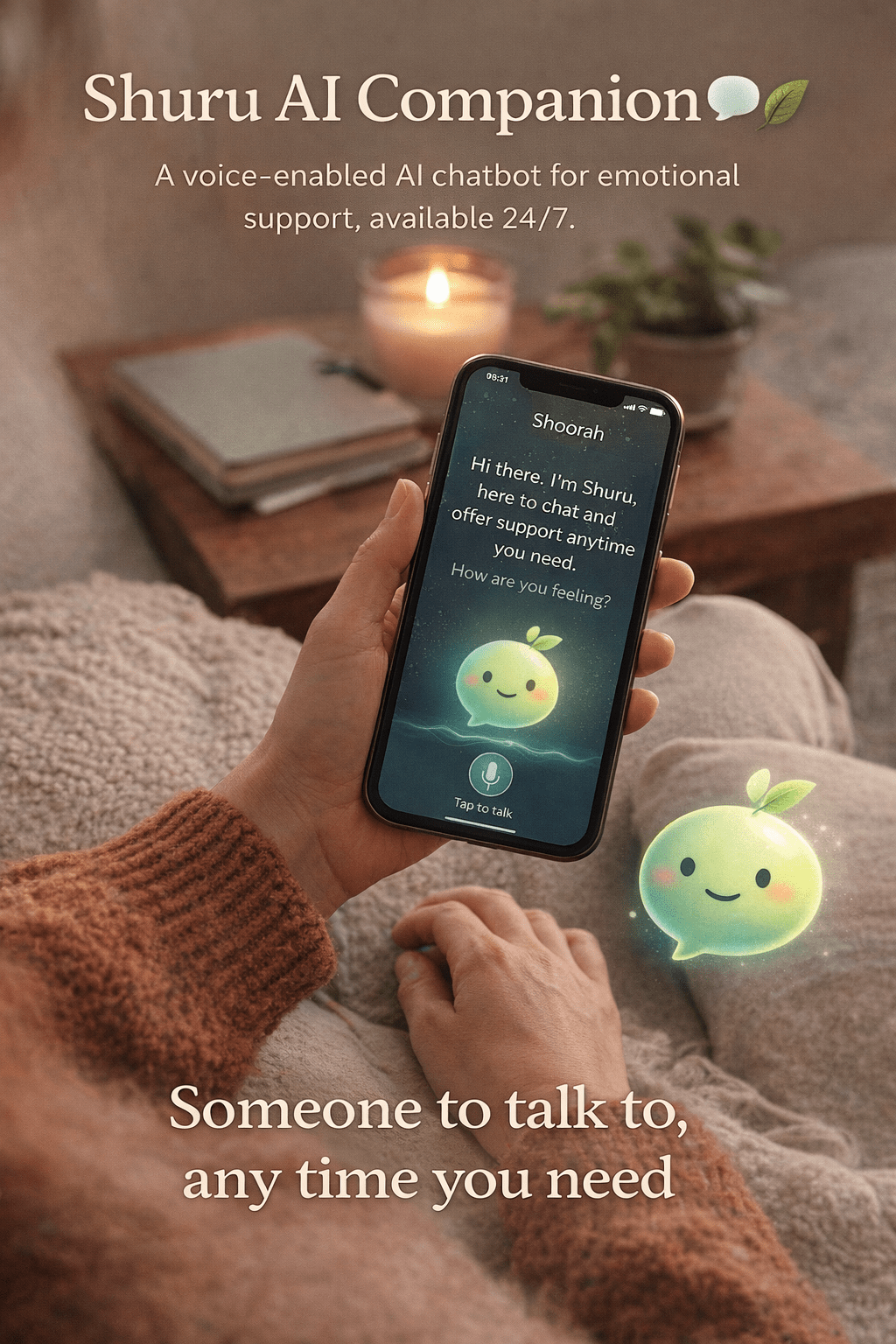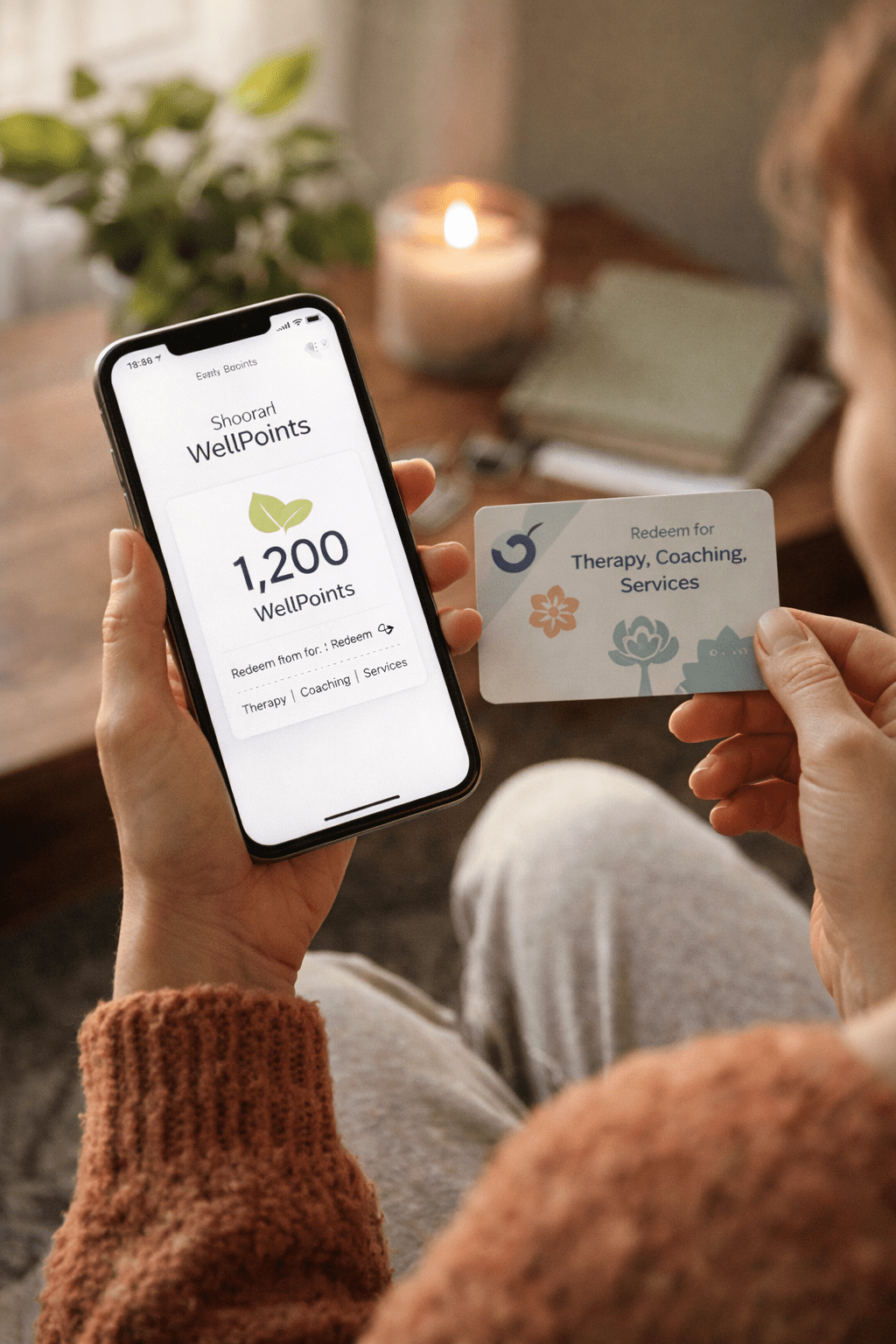Ever felt like your brain was wired a little differently—but couldn’t quite explain why? You’re not alone, and you’re not broken. You might just be neurodivergent—and discovering that could be the most empowering step you take for your mental wellbeing.
Neurodivergence refers to natural variations in brain function, covering conditions such as autism, ADHD, dyslexia, dyspraxia, and sensory processing differences. Rather than viewing these traits as disorders, many now recognise them as part of human diversity. And with awareness rising, free neurodivergent self-assessment tools are giving people the power to explore and understand their own minds—without judgment or gatekeeping.
Why Testing Matters (Even If It’s Not a Diagnosis)
Let’s clarify: free neurodivergent tests found online or through reputable wellbeing platforms aren’t clinical diagnoses. But they are valuable tools—a compassionate starting point that can spark self-awareness and reduce years of confusion or self-blame.
Many adults, especially women and non-binary individuals, were missed during childhood diagnostic assessments. Why? Because traits of autism or ADHD often present differently outside the traditional (male-centric) criteria. People who spent years being told they were “too sensitive”, “lazy”, or “bad at concentrating” can find a sense of clarity and validation through something as simple as a well-designed self-assessment.
A great place to begin exploring neurodivergent traits is through tools like those provided by Neurodivergent Insights, a platform offering free, psychology-informed screeners for autism, ADHD, and more.
Early Insight = Greater Support
Knowledge is power. Once you start understanding how your mind works, you can make informed decisions—whether that’s about your workplace, relationships, or daily routines.
This awareness helps people stop punishing themselves for not fitting neurotypical expectations. Instead, they start celebrating their unique ways of thinking, learning, and interacting with the world. Whether it’s asking for reasonable adjustments at work (as outlined by the NHS) or simply creating a daily routine that works with your cognitive flow—you’re no longer working against yourself, but with yourself.
Breaking the Stigma—One Click at a Time
Despite progress, stigma around neurodivergence still exists. But accessible, free tests help challenge that. They encourage open conversations and reduce the fear and shame some people feel around exploring their differences.
For many, taking a neurodivergent test is their first moment of true self-recognition. It can lead to communities, support networks, or formal diagnosis. Most importantly, it helps people see that they’re not “too much” or “not enough”—they’re just different, and that’s okay.
How to Use a Free Neurodivergent Test Wisely
- ✅ Pick a reliable source: Avoid novelty quizzes—opt for those grounded in psychological research.
- ✅ Be honest: Don’t answer how you think you should—answer how you truly feel.
- ✅ Use the results as insight, not a label: This is a guide, not a final verdict.
- ✅ Seek help if needed: If the test resonates, consider speaking to a GP, psychologist or seeking a referral for a formal assessment.
It’s About Understanding, Not Labelling
Empowerment doesn’t come from fitting into a box. It comes from understanding who you are. Free neurodivergent self-assessments are a gateway—not to limitation, but to liberation. They’re tools for clarity, compassion, and confidence.
So if you’ve ever felt “different”—maybe it’s time to find out why. And maybe, that understanding will be the turning point your mental health has been waiting for.



